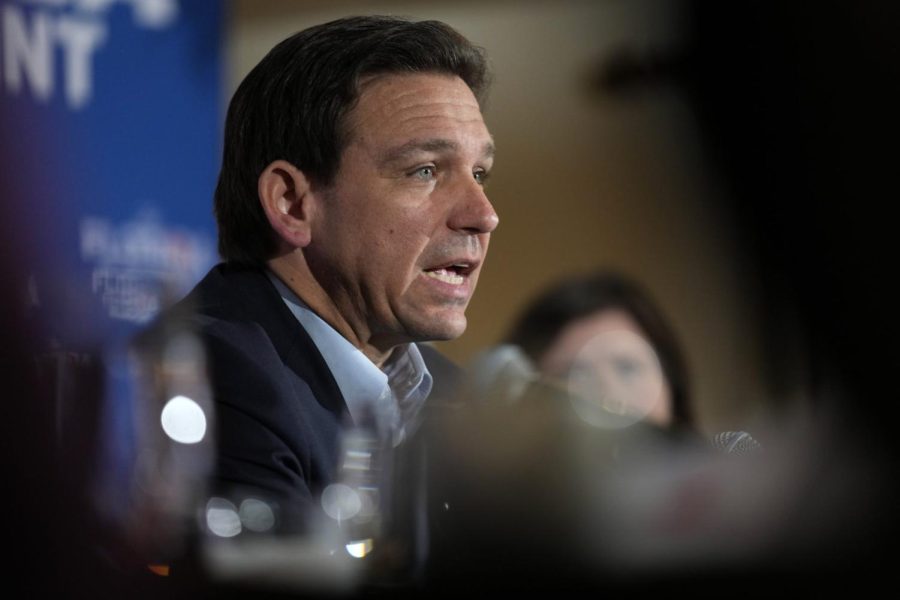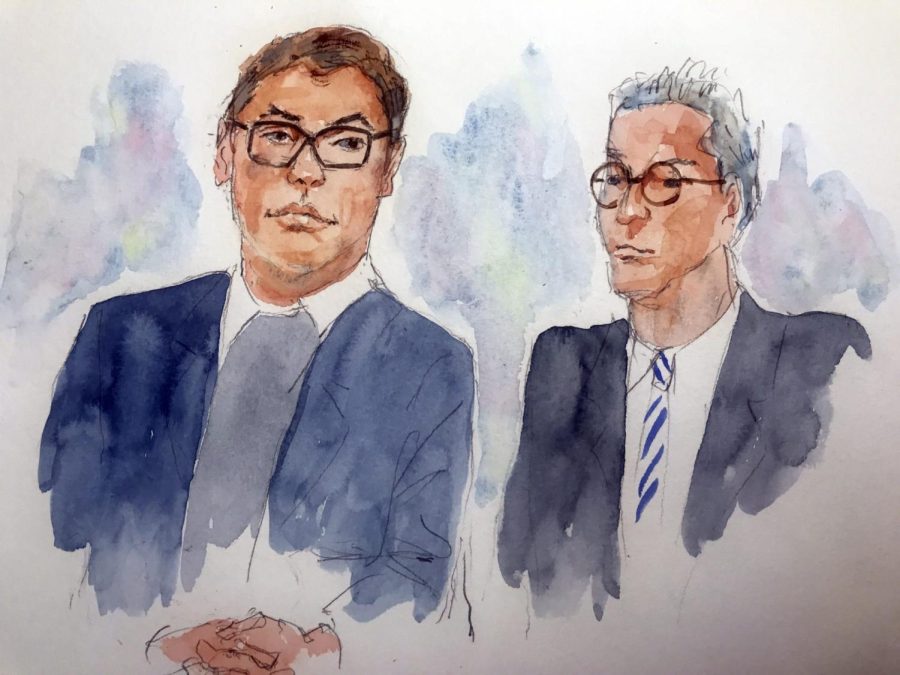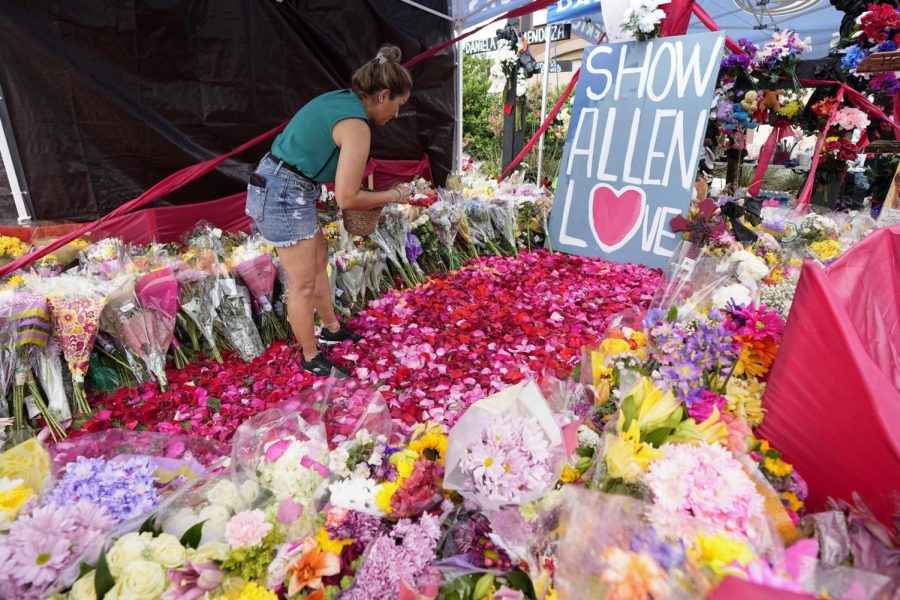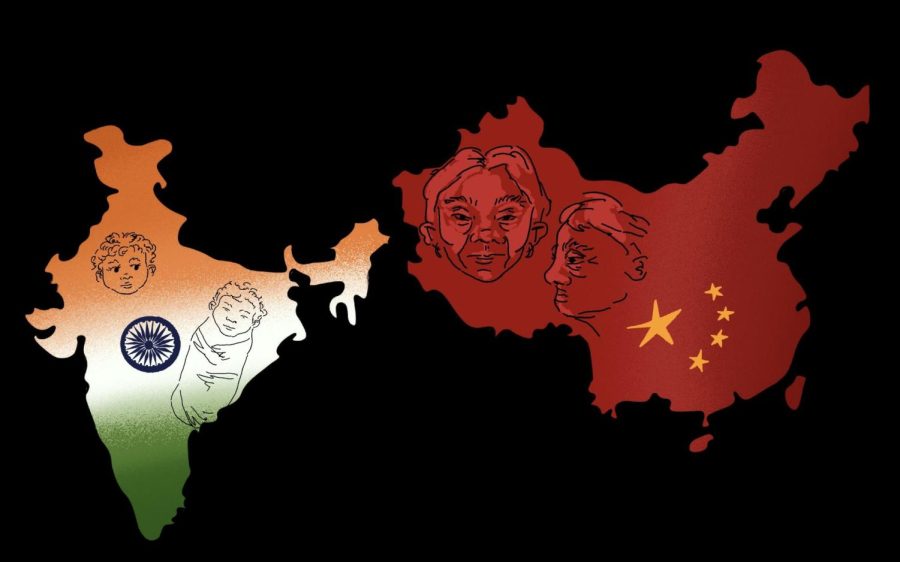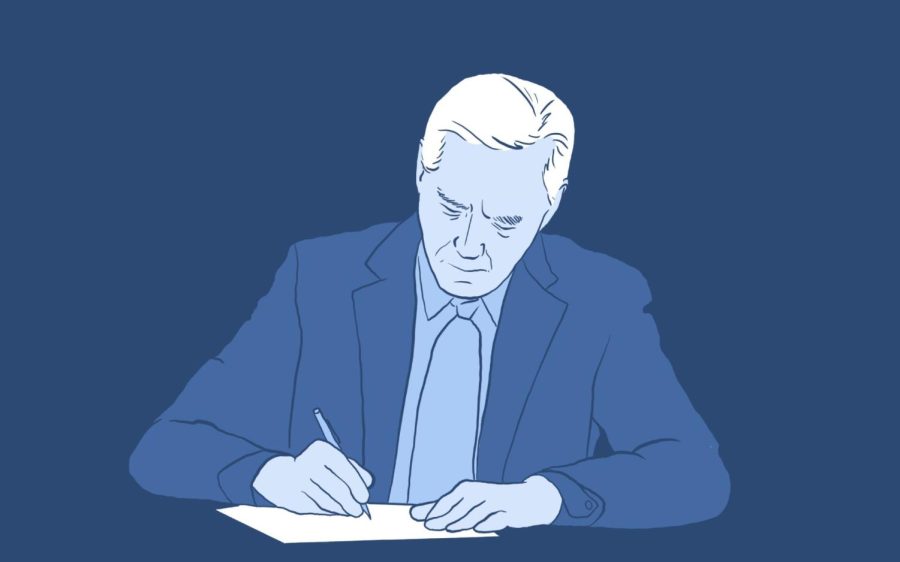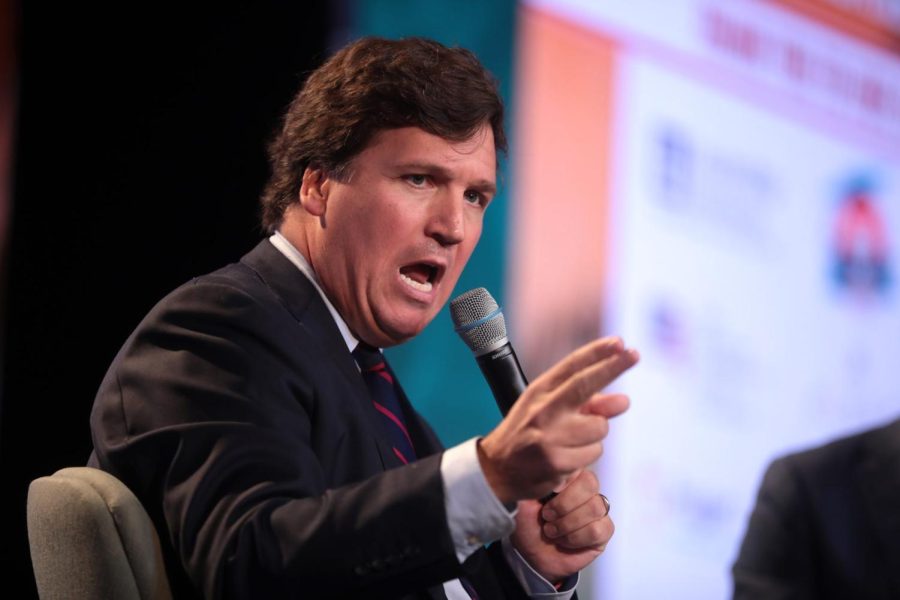International headlines to know this week
[accordions]
[accordion title=”Trump considering ‘bump stock’ ban” load=”show”]
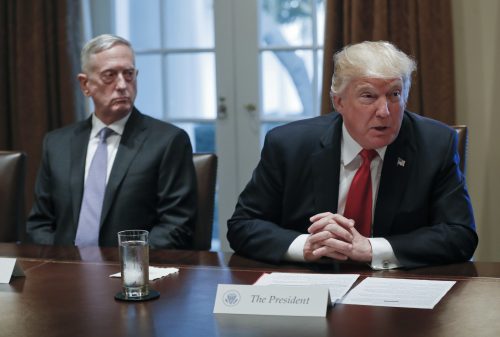
President Donald Trump says his administration is considering whether “bump stock” devices that allow semi-automatic rifles to perform more like fully automatic weapons should be banned in the wake of the Las Vegas massacre.
Trump says ahead of a dinner with senior military leaders at the White House Thursday evening, “We’ll be looking into that over the next short period of time.”
White House press secretary Sarah Huckabee Sanders said earlier Thursday that the president welcomed a review of U.S. policy on the devices, which were apparently used by the Las Vegas shooter to make his weapons more deadly.
The National Rifle Association has said the devices should be “subject to additional regulations.” And House Speaker Paul Ryan says a ban is “clearly something we need to look into.”
In a statement on Thursday, the NRA says the Bureau of Alcohol, Tobacco, Firearms and Explosives should immediately review whether these devices comply with federal law.
The organization, which holds a powerful sway over members of Congress, dismissed some of the initial response from lawmakers who have pressed for more gun control.
“Banning guns from law-abiding Americans based on the criminal act of a madman will do nothing to prevent future attacks,” said the NRA.
The statement came from NRA leaders Wayne LaPierre and Chris Cox.
Senior congressional Republicans say they are open to considering legislation banning “bump stocks” like the shooter in Las Vegas apparently used to make semi-automatic rifles perform more like fully automatic weapons.
Senator John Cornyn of Texas said as a hunter and sportsman he doesn’t understand the use of the bump stock and wants to have a hearing on it.[/accordion]
[accordion title=”Trump’s one-two punch hits birth control, LGBT rights” load=”hide”]
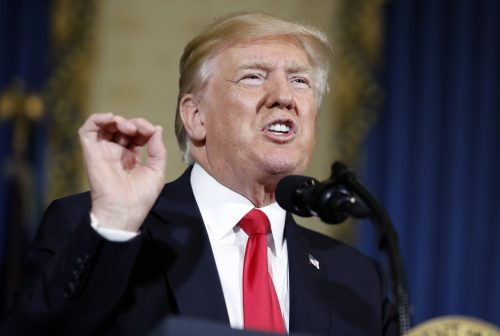
(Alex Brandon/AP)
In a one-two punch elating religious conservatives, President Donald Trump’s administration is allowing more employers to opt out of no-cost birth control for workers and issuing sweeping religious-freedom directions that could override many anti-discrimination protections for LGBT people and others.
At a time when Trump finds himself embattled on many fronts, the two directives — issued almost simultaneously on Friday — demonstrated the president’s eagerness to retain the loyalty of social conservatives who make up a key part of his base. Leaders of that constituency were exultant.
“President Trump is demonstrating his commitment to undoing the anti-faith policies of the previous administration and restoring true religious freedom,” said Tony Perkins, president of the Family Research Council.
Liberal advocacy groups, including those supporting LGBT and reproductive rights, were outraged.
“The Trump administration is saying to employers, ‘If you want to discriminate, we have your back,'” said Fatima Goss Graves, president of National Women’s Law Center.
Her organization is among several that are planning to challenge the birth-control rollback in court. The American Civil Liberties Union filed such a lawsuit less than three hours after the rules were issued.
“The Trump administration is forcing women to pay for their boss’ religious beliefs,” said ACLU senior staff attorney Brigitte Amiri. “We’re filing this lawsuit because the federal government cannot authorize discrimination against women in the name of religion or otherwise.”
Xavier Becerra, the Democratic attorney general of California, said he planned to file a similar lawsuit as soon as feasible. Other Democratic attorneys general said they were mulling the same step.
Both directives had been in the works for months, with activists on both sides of a culture war on edge about the timing and the details.
The religious-liberty directive, issued by Attorney General Jeff Sessions, instructs federal agencies to do as much as possible to accommodate those who claim their religious freedoms are being violated. The guidance effectively lifts a burden from religious objectors to prove that their beliefs about marriage or other topics that affect various actions are sincerely held.
“Except in the narrowest circumstances, no one should be forced to choose between living out his or her faith and complying with the law,” Sessions wrote.
In what is likely to be one of the more contested aspects of the document, the Justice Department states that religious organizations can hire workers based on religious beliefs and an employee’s willingness “to adhere to a code of conduct.” Many conservative Christian schools and faith-based agencies require employees to adhere to moral codes that ban sex outside marriage and same-sex relationships, among other behavior.
The Alliance Defending Freedom, a conservative Christian law firm, called it “a great day for religious freedom.” But JoDee Winterhof of the Human Rights Campaign, a national LGBT-rights group, depicted the two directives as “an all-out assault, on women, LGBT people and others” as the administration fulfilled a “wish list” of the religious right.[/accordion]
[accordion title=”Catalonia urges mediation with Spain in secession dispute” load=”hide”]
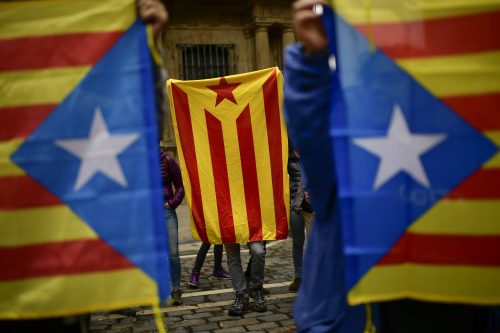
(Francisco Seco/AP)
Catalan separatists called for international mediation with the Spanish government as they pushed ahead Monday with plans to declare unilateral independence this week after a violent police crackdown scarred a disputed secession referendum.
The violence on Sunday in the prosperous northeastern region left more than 890 civilians and 430 police injured when anti-riot squads moved into polling stations and dispersed voters.
Shocking videos and photos of police dragging people by the hair and kicking them were flashed around the globe, leading some European leaders to warn about any further escalation of violence.
Catalan leader Carles Puigdemont said a regional parliamentary commission would investigate why Spain’s anti-riot squads fired rubber bullets, smashed into polling stations and beat protesters with batons to disperse voters in the independence referendum that Spain opposed. He also urged the 5,000-strong contingent of special Spanish police forces deployed in Catalonia to leave immediately.
Puigdemont called Monday for the European Union “to stop looking the other way” and urged Spanish Prime Minister Mariano Rajoy to accept international mediation in the crisis. He urged the EU to view Catalonia’s desire to break away from Spain as a Europe-wide issue.
“This is not a domestic issue. The need for mediation is evident,” Puigdemont said.
Of the 893 civilians injured in the melee, two suffered serious wounds, Catalan health authorities said. The Interior Ministry said 39 police received immediate medical treatment and 392 others had scrapes and bruises.
But Spanish authorities commended the police, saying their response to the voting was professional and proportionate. And Spain’s interior minister said the 5,000 extra officers deployed to Catalonia would stay as long as necessary.[/accordion]
[/accordions]


